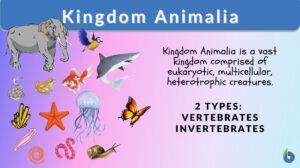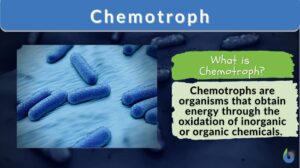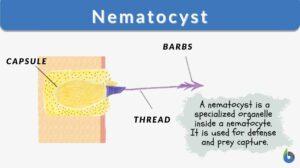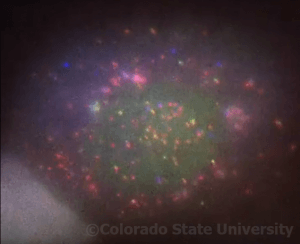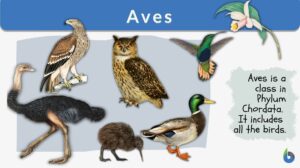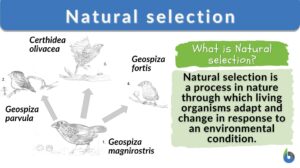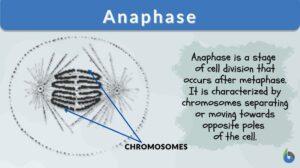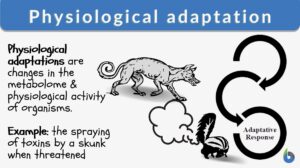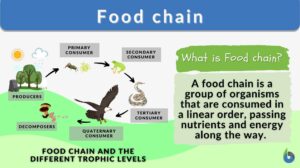Search Results for: capture
Light-dependent reaction
Many organisms, such as green plants, convert light energy into chemical energy through the mechanism of photosynthesis. In... Read More
Kingdom Animalia
Kingdom Animalia Definition Each person can say that they know of or can name at least one animal. However, do people know... Read More
Chemotroph
Chemotroph Definition A chemotroph refers to an organism that obtains energy mainly from carbon dioxide and from... Read More
Nematocyst
All organisms are composed of millions of cells. Many cells serve specific purposes and are specialized to do distinct... Read More
Nematocyte
Definition noun, plural: nematocytes A specialized cell containing a nematocyst used by cnidarians to capture their prey and... Read More
Cnidoblast
Definition noun, plural: cnidoblasts A developing cell containing a cnidocyst Supplement Cnibolasts are cells that develop... Read More
Coral polyp
Definition noun, plural: coral polyps (marine biology) An invertebrate species of the class Anthozoa that may live either... Read More
Biotic factor
Biotic Factor Definition A biotic factor is the living component in an ecosystem. The term "biotic" means "of or related... Read More
Siphonophore
Definition noun, plural: siphonophores Any of the various marine invertebrate of the order Siphonohorae of the class... Read More
Neuroethology
Definition noun A discipline that deals with the scientific study of the neural basis of natural animal... Read More
Chlorosome
Chlorosome is a photosynthetic micro-compartment that serves as a light-harvesting complex in sulfur bacteria and other... Read More
Primary producers
'Primary producers (also called simply as producers) are the autotrophs capable of producing organic compounds from light... Read More
Millepora alcicornis
Millepora alcicornis is a species of the family Milleporidae, class Hydrozoa, phylum Cnidaria. It is a colonial fire coral... Read More
A Protein Being Born – a live cell imaging of RNA translation
You probably already heard the concepts of translation in the central dogma of molecular biology. The dogma is an... Read More
Velvet worm
Definition noun, plural: velvet worms Any of the invertebrates belonging to the phylum Onychophora, and characterized by... Read More
Deciduous forest
Deciduous Forest Definition A deciduous forest is a type of forest dominated by trees that lose their foliage at the end of... Read More
Protein pump
Protein pump - a kind of protein that is capable of pumping out compounds that could pose a threat to the cell. An example... Read More
Photosynthesis
Photosynthesis is a physio-chemical process carried out by photo-auto-lithotrophs by converting light energy into chemical... Read More
Characteristic
Characteristics Definition We can define characteristics as qualities or features that describe the distinctive nature or... Read More
Natural selection
Natural Selection Definition What is natural selection in biology? Natural selection is defined as a process in nature... Read More
Integumentary system
Integumentary System Definition The integumentary system is the outermost layer of the body. The animal body, in... Read More
Physiological adaptation
If we look over evolutionary history, we find that it’s neither the most genius and intelligent nor the strongest and the... Read More
Phototroph
Definition noun, plural: phototrophs An organism, typically a plant, obtaining energy from sunlight as its source of energy... Read More
Decomposer
Decomposer Definition The organisms that carry out the process of decay or breakdown of the dead organism are known as... Read More
Food chain
Everything is a cycle in life. The way organisms consume their food also follows a cycle. This is usually described as the... Read More



